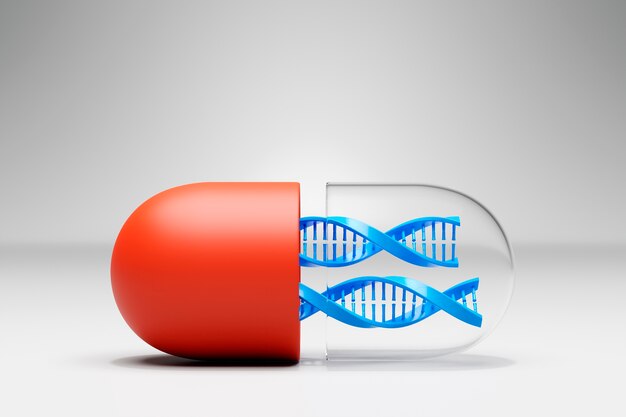
One of the physiological systems most sensitive to the stress from regular physical exercise is the endocrine system. Research shows that frequent and long-term endurance activities can negatively impact male hormonal balance.
Men who often engage in these endurance exercises tend to have lower levels of both free and total testosterone in their blood without a corresponding increase in luteinizing hormone (LH) levels. These lower testosterone levels, typically around 50-75% of what’s normal for a sedentary healthy man, aren’t just a temporary response to intense exercise.
Physically active men experiencing these symptoms are diagnosed with Exercise-Hypogonadal Male Condition (EHMC). The exact reason for the drop in testosterone isn’t fully understood but might involve issues in the hypothalamus-pituitary-testicular axis, possibly linked to energy availability. This is similar to a condition seen in female athletes.
Common activities causing this include long-distance running, cycling, walking, and triathlon training. Studies indicate that hypogonadism related to exercise mainly affects men who have been training intensively for many years.
There’s also a belief that lower testosterone levels disrupt the body’s anabolic processes, such as muscle protein synthesis. Last year, a study involved nine long-distance runners with diagnosed EHMC, comparing their hormone levels and symptoms to a control group of eight men who hadn’t run in the past year. The EHMC group had significantly lower testosterone levels (9.2 vs. 16.2 nmol), with most of them showing testosterone levels below what’s considered adequate (<12 nmol). Men with EHMC showed worse scores on quality of life measures, including symptoms related to aging. There were no notable differences in cortisol, LH, FSH, and bone mineral density between the groups, though three men in the EHMC group had osteopenia. Interestingly, both groups consumed similar amounts of energy, but the EHMC group had lower available energy due to their higher physical activity. This suggests that inadequate energy intake might contribute to the disorder. In conclusion, the study suggests that exercise-related hypogonadism in long-distance runners is linked to inadequate energy supply relative to their body’s needs. Physically active men need to focus on their dietary energy intake to support their increased energy demands, which is crucial for maintaining male reproductive health. It's clear that more research is needed in this area since an appropriate testosterone level is vital for bone fertility and overall bone health in active men. For those struggling with low testosterone, there are substances available that can help counteract the negative effects of endurance training, but be cautious about those that don't work. Remember, managing your energy intake and choosing the right supplements can make a big difference.